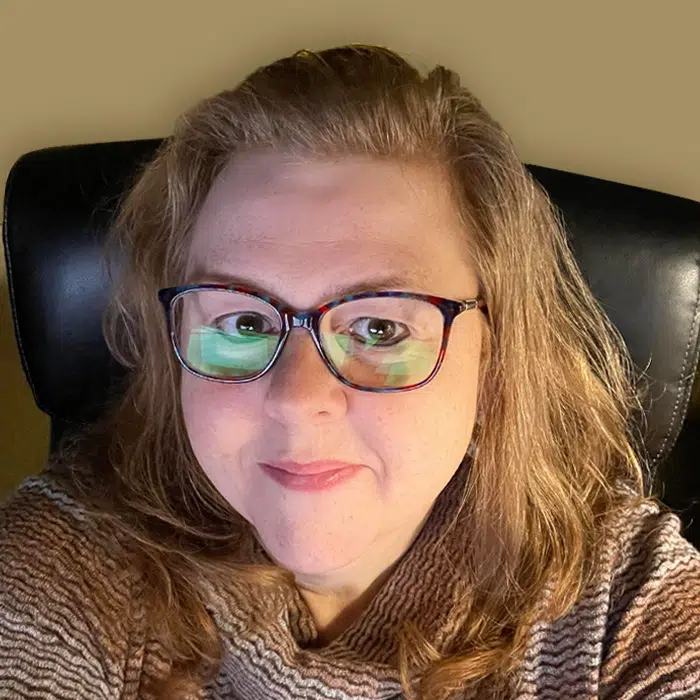BERLIN (Reuters) – Sweden has rejected plans to set up a formal joint investigation team with Denmark and Germany to look into the recent ruptures of the Nord Stream 1 and 2 pipelines, a Swedish prosecutor investigating the leaks, said.
Mats Ljungqvist, the prosecutor involved in Sweden’s criminal investigation into the Nord Stream leaks in the Swedish economic zone, said Sweden was already co-operating with Denmark and Germany on the matter.
He said Sweden had rejected the proposal for a Joint Investigation Team (JIT) from judicial co-operation agency Eurojust because a such a joint investigation would include legal agreements under which Sweden would have to share information from its own investigation that it deemed confidential.
“This is because there is information in our investigation that is subject to confidentiality directly linked to national security,” Ljungqvist told Reuters.
He made his comment after a report in German weekly Der Spiegel on Friday that Sweden had rejected plans for a joint investigation with Denmark and Germany, citing German security sources.
A Swedish Security Services spokesperson said the security police were co-operating closely with other authorities, also internationally, as part of the Swedish criminal investigation.
German TV programme Tagesschau on German public broadcaster ARD said that Denmark, too, had turned down setting up a joint investigation team.
Germany’s federal police have completed their part in investigating an alleged act of sabotage on the Nord Stream pipelines and handed over their findings, said a German interior ministry spokesperson on Friday.
Asked about reports that Sweden would not investigate together with Germany and Denmark, Swedish Prime Minister Magdalena Andersson told Reuters: “No, as I understand it that is not true. We are working together with Germany and Denmark in this issue.”
Eurojust says on its website a Joint Investigation Team is used in international cooperation in criminal matters, comprising legal agreement between authorities of two or more states for the purpose of carrying out criminal investigations.
(Writing by Rachel More; additional reporting by Anna Ringstrom in Stockholm, Andreas Rinke; editing by Kirsti Knolle and Jane Merriman)







